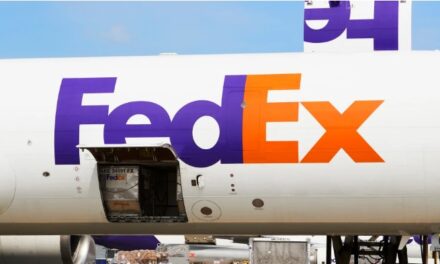
FedEx: More alliances, less spending
Government reports that the U.S. economy grew by 2% in the first quarter of this year are misleading because 1.75% of that growth came from lower imports, according to Frederick Smith, chairman and chief executive of Federal Express Corp.
Speaking at the Global Transport and Logistics Conference sponsored by Bear Stearns, Smith predicted that the gross domestic product figure would be revised downward.
Smith attributed the downturn in FedEx volumes thus far to a slowdown in high tech, which accounts for a major share of FedEx’s business.
Smith said FedEx is cutting its capital expenditures due to lower revenue growth. Current plans call for reducing purchases of new aircraft during the fiscal year that begins June 1 to 14 planes, down from the 22 originally planned. Smith said, however, that FedEx will not have to purchase any new aircraft to service its new contract with the U.S. Postal Service, which takes effect August 27.
Despite the current slowdown Smith said that FedEx is well-positioned for the long term due to four trends. The first is the continued increase in production of high tech, high-value goods that require time-definite delivery. The second trend is globalization, he said, noting that since 1990, world trade has grown at a cumulative rate of 7% annually. Other trends include the need for fast-cycle logistics, and e-commerce.
Smith said FedEx plans to maintain the growth in its core businesses – express, ground, and freight. He noted that the recent acquisition of American Freightways will strengthen its ground delivery network in the eastern U.S., complementing its Viking Freightways network in the west.
Other strategies include growing internationally, supported by the company’s acquisition of 10 A380 Airbus freighters, due for delivery beginning in 2008.
Other initiatives include growing its supply chain services and e-commerce capabilities, and Smith said FedEx will continue to look at new alliances such as its deal with the Postal Service, which should increase FedEx revenue by $1 billion annually over the next seven years.
Smith also spoke Wednesday at the Japan Society here, where he warned that Japan must reduce costs of doing business there, including high landing fees at its airports. Smith noted that Inchon airport in South Korea poses competition for Japanese airports.












